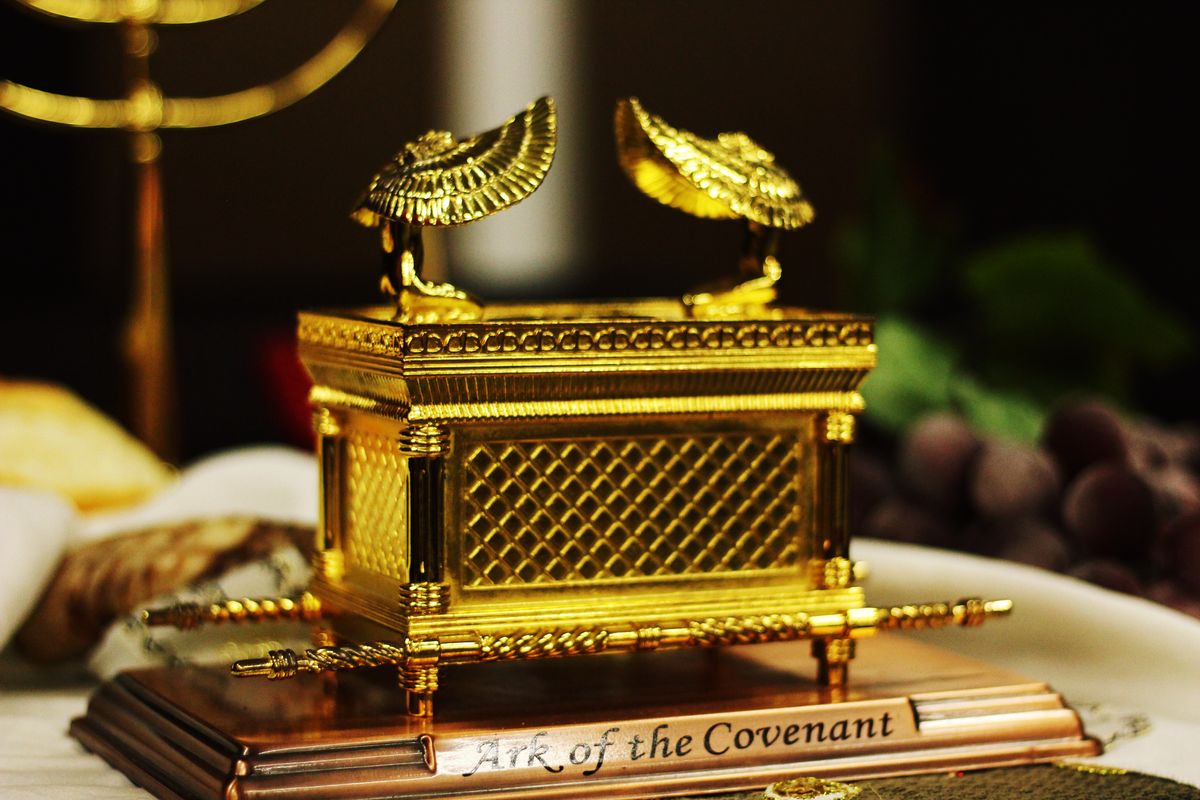One Final Covenant

Our Bible consists of two main parts, which as you know, we call the Old Testament and the New Testament. But they could also be called the ‘Old Covenant and ‘New Covenant, as the word testament literally means:
“a covenant instituted between God and man”
But when we look a bit closer at the Old Testament, we find that God actually made several covenants with his chosen people.
The first of which is the covenant that is found in the story of Noah in Genesis 9:13:
I have set my rainbow in the clouds, and it will be the sign of the covenant between me and the earth.
Later on in the book of Genesis, in chapter 15, verse 18 we read that God then established a second covenant, this time with Abram, (Exalted Father) whose name is then changed to Abraham, (Father of many/nations) :
So the Lord made a covenant with Abram that day and said, “I have given this land to your descendants, all the way from the border of Egypt to the great Euphrates River.” (Genesis 15:18)
Then thirdly, when Abraham's descendants were slaves in Egypt, and they cried out in anguish, God honours his covenant by directly intervening in the earthly realm on behalf of his people. We find this in the Exodus story in chapter 2, verse 24
God heard their groaning and he remembered his covenant with Abraham, with Isaac and with Jacob.
After the Exodus, God then established a fourth covenant with his people, this time through Moses, we read this in Exodus 24:8
Moses then took the blood, sprinkled it on the people and said, “This is the blood of the covenant that the Lord has made with you in accordance with all these words.”
Then God makes a fifth covenant, this time with David, whereby he promises that David’s descendants would reign forever:
Nevertheless, because of the covenant the Lord had made with David, the Lord was not willing to destroy the house of David. He had promised to maintain a lamp for him and his descendants forever.
2 Chon 21:7
He is the one who will build a house for my Name, and I will establish the throne of his kingdom forever.
2 Sam 7:13
So with five covenants, or testaments, perhaps we should call the Old Testament, ‘The Old Testaments’. No/Yes?

Thankfully in the Gospels, Jesus tells us that his death on the cross, the breaking of his body, and the shedding of his blood would bring about a new relationship with God and his people, and all the nations of the earth. His death and resurrection on the cross would usher in a new and final testament or covenant for all his people. The theology of this covenant is elaborated and explained in detail by the writer of the letter to the Hebrews which is summarised in chapter 9:13
For this reason Christ is the mediator of a new covenant, that those who are called may receive the promised eternal inheritance—now that he has died as a ransom to set them free from the sins committed under the first covenant.
*It’s interesting to note that the King James Version of the Bible uses “new testament” in Jesus’ words at the Last Supper, whereas the NIV opts to use, a ‘new covenant’, which retains the same “relationship language” used in the Old Testament.
Today, may we be people who fully enter into a covenant relationship whereby we commune with God, by accepting Jesus’s free gift of abundant life in this life, and the promise of eternal life with the Father in the next.
Have a great day, and God bless.
Trev.